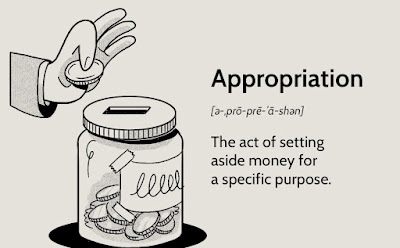From Fear of Muslims to Fear of Socialists: How Republicans have Shifted their Political Phobias
In recent years, Republicans have made a noticeable shift in
their political phobias. Gone are the days where Republicans openly expressed
fear of Muslims and Islam, only to replace it with a new political bogeyman:
socialists.
In the aftermath of the 9/11 attacks, Republicans leveraged
fear of Muslims to gain political advantage, using it as a tool to garner
support for wars in the Middle East and stricter immigration policies. However,
as time passed and the Muslim threat faded from the public consciousness,
Republicans needed to find a new political enemy to galvanize their base.
Enter the socialists. In recent years, the rise of
democratic socialism, as represented by figures such as Bernie Sanders and
Alexandria Ocasio-Cortez, has led Republicans to redouble their attacks on the
left. Republicans now regularly claim that the Democratic Party is being taken
over by socialists who want to fundamentally transform the country into a
communist state.
This shift from fear of Muslims to fear of socialists
reflects a broader trend in the Republican Party. Republicans have a long
history of using political phobias to motivate their base, from the
anti-communist witch hunts of the 1950s to the anti-gay rhetoric of the 1990s.
By shifting from one political bogeyman to another, Republicans are able to
maintain their grip on their base and maintain political power.
However, this tactic also has its downsides. By constantly
demonizing a political enemy, Republicans risk creating a toxic political
environment where dialogue and compromise become impossible. This can lead to a
self-fulfilling prophecy, where the very policies Republicans fear become more
likely as a result of their own actions.
In conclusion, the shift from fear of Muslims to fear of
socialists reflects a broader trend in the Republican Party, where political
phobias are used to motivate the base and maintain political power. While this
tactic may work in the short-term, it also risks creating a toxic political
environment that undermines the very principles of democracy.




Comments
Post a Comment